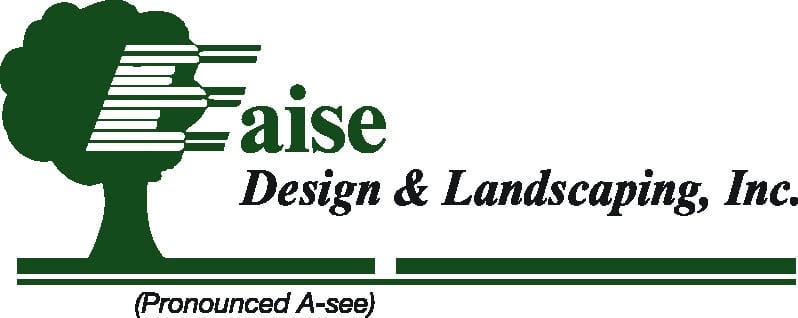In our last article, we discussed why a sprinkler system needs regular maintenance. Your sprinkler is a complex system, and to give it a long life, all while keeping repair costs down, you need to show it a little love.
Today, let’s focus on what exactly your sprinkler system maintenance should include. We’ll touch on a few common mistakes to avoid, too.
What Should Regular Sprinkler Maintenance Include?
1. Routine Inspections
As we mentioned above, your sprinkler system is an intricate network of pipes, valves, and heads, and periodic inspections are crucial to its optimal performance. Schedule regular inspections at least twice a year, ideally during spring and fall, to identify any potential issues before they escalate.
During these inspections, look out for signs of leaks, clogs, or damaged components. A leaking sprinkler head or damaged pipe can lead to wasted water and costly utility bills.
2. Stick To a Proper Watering Schedule
Efficient watering is beneficial for your grass, your water usage, and your sprinkler system as a whole. Start with a thorough understanding of your lawn’s watering needs based on its size, type of vegetation, and weather conditions, then set appropriate watering times and frequencies. A well-maintained sprinkler system should deliver just the right amount of water to keep your landscape healthy and green.
3. Cleaning and Clearing
Remember, a clog can lead to uneven watering and dry patches on your lawn. Regularly clear your sprinkler heads of debris, dirt, and overgrown vegetation to ensure proper water distribution.
Also, don’t forget to clean filters and nozzles to maintain that ideal water flow. A clogged nozzle can disrupt the spray pattern and cause inefficient watering.
4. Adjust Your Sprinkler Heads
Life happens, and over time your sprinkler heads can be knocked out of whack. Take time to properly align and calibrate them to make sure the spray is even, efficient, and landing where you want it to. There’s nothing worse than realizing you’ve been religiously watering your driveway. This is a perfect time to address coverage gaps and overlaps too, making sure every bit of your lawn (that needs it) is well hydrated.
5. Winterize Your Sprinkler System
Winters in New Jersey can be brutal! Winterization helps prevent freezing and potential damage to pipes and components. Be sure to drain the system thoroughly before the first frost to prevent bursting, then protect your sprinkler components (like valves and control systems) from winter conditions.
The “Don’ts” of Sprinkler Maintenance
1. Ignore Signs of Malfunction
Uneven watering, dry patches, reduced pressure, strange noises… These are all warning signs that shouldn’t be ignored. Don’t wait for a problem to go away on its own. It won’t!
2. Neglecting System Adjustments
It pays to be proactive! Don’t neglect regular adjustments, such as checking and tweaking water pressure, since it can result in uneven, wasteful watering.
Addressing issues right away can prevent bigger problems down the line.
3. DIY Repairs without Proper Knowledge
We are ALL for people rolling up their sleeves and learning how a home system works. And honestly, there are definitely some repairs and maintenance tasks that you can do on your own. Unfortunately, however, we also see cases where well-intentioned DIY-ers attempt more complex repairs, or misdiagnose an issue, and end up doing more harm than good for their sprinkler system. We recommend getting help from certified professionals for complex repairs and system diagnostics since they’ll have the tools and expertise needed to get the job done right.
Sprinkler Maintenance FAQs
Q. How often should I inspect my sprinkler system?
It’s recommended to inspect your sprinkler system at least twice a year, ideally during spring and fall.
Q. How can I detect a leak in my sprinkler system?
Look for signs of pooling water, damp areas, or unusual changes in your water bill. A sudden increase in water usage might indicate a leak.
Q. Should I adjust the watering schedule during rainy seasons?
Yes, it’s essential to adjust your watering schedule to avoid overwatering your lawn.
Q. Can I use the same type of sprinkler heads for different zones?
It’s best to use different types of sprinkler heads for different zones, as each area of your lawn may have different watering needs.
Q. Why is my sprinkler system not covering the entire lawn evenly?
Uneven watering can result from misaligned or clogged sprinkler heads. Regularly check and adjust to ensure even water distribution.
Q. What should I do if my sprinkler system is not turning on or off as scheduled?
Check the controller settings and make sure it’s programmed correctly. If the issue persists, consult a professional for further diagnosis.
If you have more questions, contact us at Eaise Design & Landscaping. We’d love to serve you!
